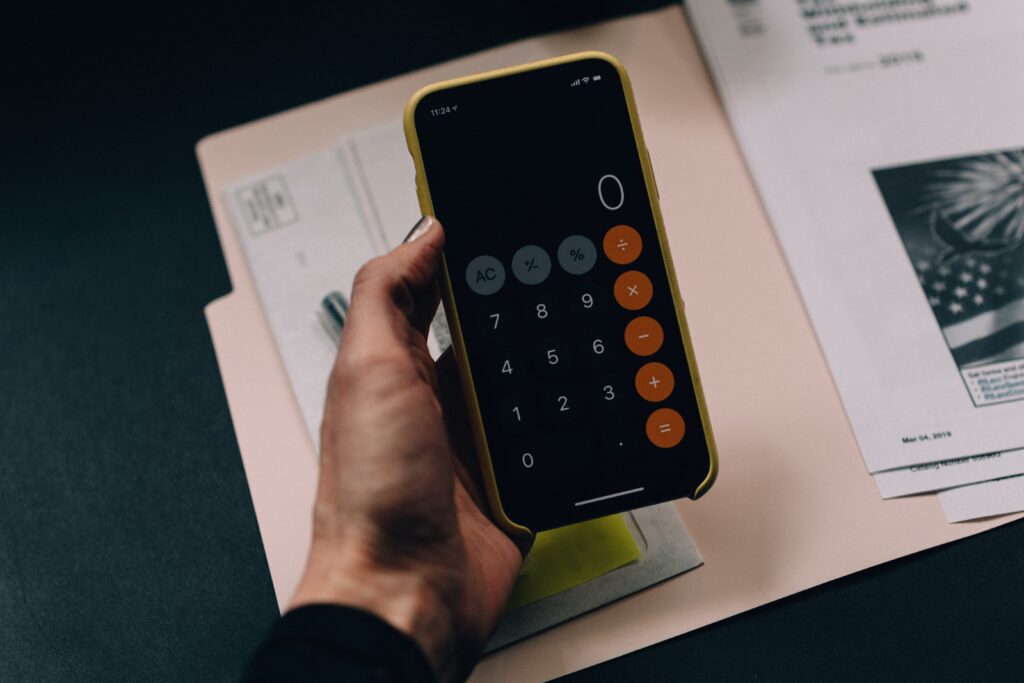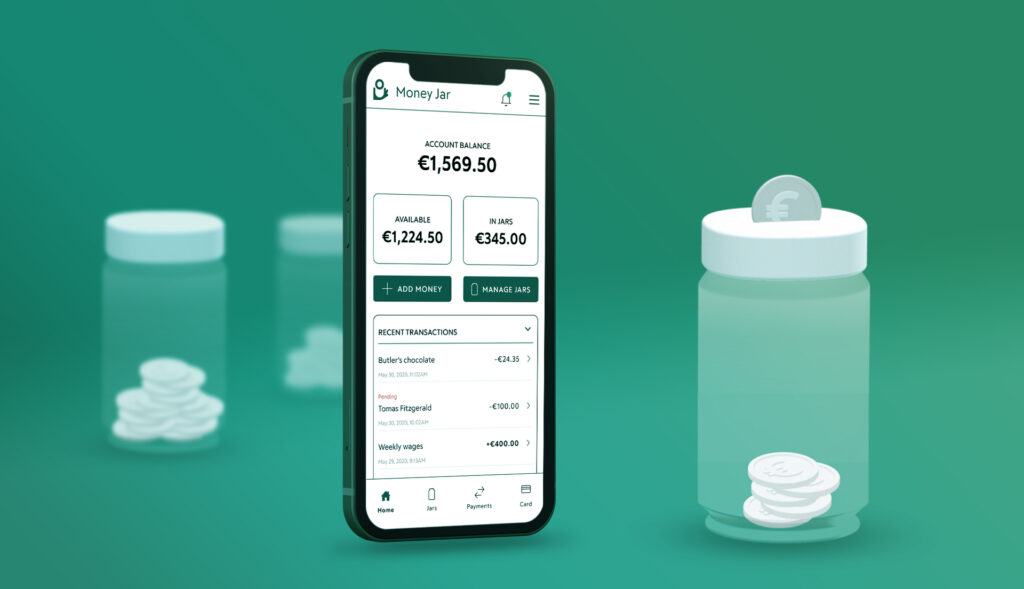While the Pythagoras theorem made its way onto the curriculum for many of us in school, a class covering how to manage your finances, unfortunately, didn’t. This has left many people across many age groups with a number of questions surrounding their money and how best to save, budget and manage it.
Below we will take a look at everything you should know about money management, including the basics of managing your money, how to budget and how you can use Money Jar to make saving a whole lot easier.
The basics of money management
When we talk about money management, we’re talking about the process of saving, budgeting and spending your money. It is pretty much the key to keeping your financial situation and relationship with money healthy. And even though each of us may have a different approach to our personal finances, there are some basics of money management that all of us would benefit from knowing.
#1 Figure out your income sources
Before you can even think about saving and budgeting, it’s important to work out where your income comes from and your average earnings. Maybe you work full time and receive a set payment monthly or you are self-employed and can only estimate your income depending on demand for your particular service. No matter the situation, you need to have a clear idea of the money that comes into your account regularly.
#2 Decide your priorities
Once you have an idea in your mind of the money you can expect to come into your account regularly, it’s time to become clear on your priorities. This means figuring out your needs vs your wants – you probably need to do a weekly food shop but want a takeaway, and your short-term vs your long-term goals – you might be saving for a summer holiday this year but also saving towards buying a home down the line.
This step is arguably one of the most important in money management but it doesn’t need to be overwhelming! Simply grab a pen and paper and think about some of the following questions:
- Does my spending reflect my needs vs my wants?
- Is the way I’m using my money reflecting what is really important to me?
- What do I want one month from now and what do I want 5 years from now?
#3 Create a budget
With your priorities in order, you can create a budget and a monthly spending plan. This will make it easier for you to track the money that comes into your account and the money that is regularly leaving your account. And even though the word budget isn’t exactly music to everyone’s ears, there are some steps you can take towards creating a budget that works with you and not against you.
- Know your expected income and set your priorities
- Track your spending and make a list of fixed expenses such as rent and utilities
- Know your disposable income once your fixed expenses have been paid and know what you want this to go towards eg. investments, savings, or short-term goals
- Set your short-term and long-term financial goals and decide an amount that will go toward each
- Adjust your spending habits to suit your budget
- Regularly review your spending to make sure you’re staying on track
What is the 50/30/20 rule for managing money and better budgeting?

If you have already done a quick search about the basics of budgeting, it’s likely that you have come across the 50/30/20 rule, but what exactly is it?
In the budgeting world, the 50/30/20 rule is a general guideline used to help people to budget better and thankfully, it’s pretty simple. All it requires you to do is divide your income into three categories: your needs, wants and savings. From there, you are expected to:
- Spend 50% of your income on your needs
- Spend 30% of your income on your wants
- Put the remaining 20% into an emergency fund or savings account
If you are finding it difficult to get your head around the basics of budgeting, the 50/30/20 rule can be a great starting point to build a healthy relationship with managing your money.
Managing money with your Money Jar account

At Money Jar, we recognise the stress that can sometimes come with money management and budgeting. That is why we have features in place to help you keep on track with your budget and make it difficult for you to spend on impulse.
With your Money Jar digital account, you will have access to Jars. These allow you to:
- Put the money you need for fixed expenses like rent and other bills away and have them paid directly from the Jar
- Keep your food shopping money for the month safe and pay it out to your card weekly
- Share a Jar with friends and loved ones for a holiday, night out or even a shared bill
Our reminder feature will also give you a heads up if you have missed a direct debit payment due to a lack of funds. This means that rather than charging you without warning, we will:
- Notify you ahead of the direct debit due date if it looks like you might not have enough money in your account to cover it
- Notify you when you have missed the direct debit and give you the chance to add the required amount
If you prefer to deal with your banking online, why not make the switch to a digital account with Money Jar? Money Jar is a simple and straightforward approach to a digital account and has everything you need in place for keeping on top of your spending and budgeting.
Setting up a bank account with us couldn’t be any easier.
- Download the Money Jar app
- Register your personal details
- Verify your identity using a standard form of identification
We provide lots of ways to help you stay on top of your spending and make the process of setting up an account easy. Find out more about how we can help you have the freedom to be better with money and anything else you might want to know about setting up a digital account with Money Jar here.
We recognize the importance of an Irish-backed business for safeguarding your money. Your money is always secure and held in Tier 1 Irish bank. Your Money Jar Prepaid Mastercard is issued by PFS Card Services (Ireland) Limited pursuant to a license from Mastercard International Incorporated.










